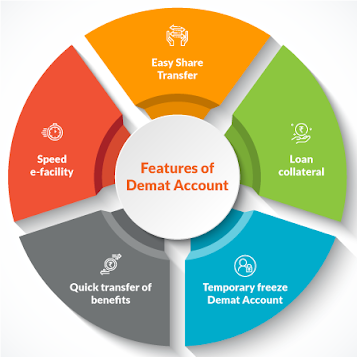Leveraging Options Trading Strategies For Higher Returns In The Stock Market

Options trading strategies can help investors maximize their returns in the stock market by allowing them to profit from price movements in both directions. The use of a brokerage calculator can be helpful in determining the costs associated with executing particular options trading strategies. However, investors must be aware of the risks involved in trading options and in the Indian stock market in general. It is important to carefully assess the risks involved and invest the time and effort required to understand the intricacies of the options market before deciding to trade options. See Also: Download Bajaj Finserv app




.jpg)

.jpg)








